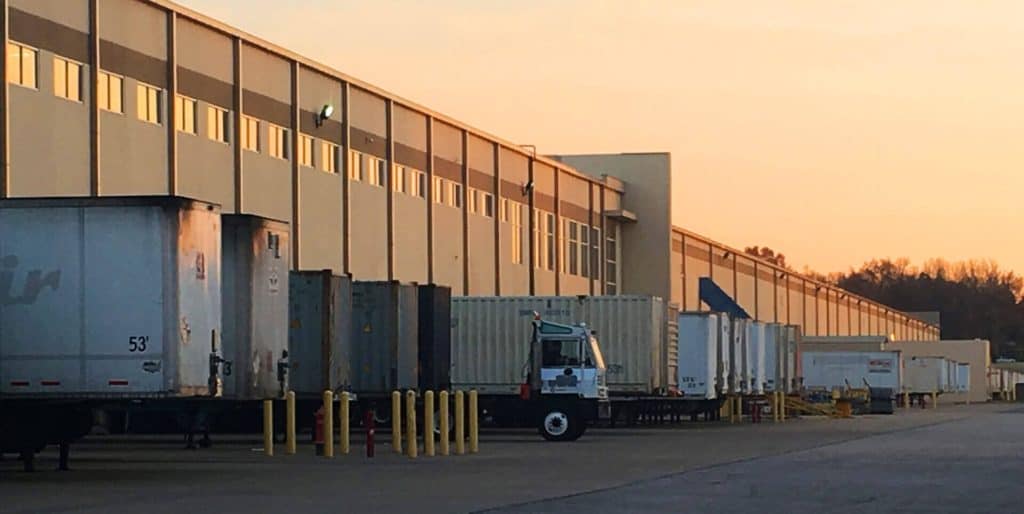Unlocking Efficiency and Security: The Advantages of GPS Tracking for Trailer Management
Efficient trailer management is crucial for logistics and transportation companies to ensure timely deliveries, reduce operational costs, maximize utilization and enhance security. In this digital age, GPS tracking technology has emerged as a game-changer for trailer management. By providing real-time location data, improved asset utilization, and enhanced security measures, GPS tracking not only streamlines operations but also maximizes efficiency. In this article, we explore the significant benefits that GPS tracking brings to trailer management.
Why Your Trailers Need GPS Tracking

Real-Time Trailer Visibility and Tracking
Maintaining real-time visibility of trailers is essential for logistics companies. GPS tracking systems enable businesses to monitor the location and movement of trailers in real-time. This visibility allows logistics managers to efficiently track trailer availability, plan loading and unloading operations, and optimize resource allocation. By having a comprehensive overview of trailer locations, companies can reduce trailer search times, minimize delays, dispatch the right trailer and improve operational efficiency.
Real-World Example: Global Logistics Solutions implemented GPS tracking devices on their trailer fleet. With real-time visibility, they reduced the time spent searching for trailers by 40%. This streamlined their operations, improved trailer utilization, and enabled faster response times to customer demands.
Enhanced Security and Theft Prevention
Theft and unauthorized use of trailers can result in significant financial losses for logistics companies. GPS tracking technology provides an effective solution to enhance trailer security. By continuously monitoring trailer locations and sending real-time alerts in case of unauthorized movements or tampering, GPS tracking systems enable companies to respond swiftly to potential theft situations. This not only acts as a deterrent but also facilitates faster recovery of stolen trailers, minimizing financial impact and maintaining customer trust.
Real-World Example: SecureLogistics implemented GPS tracking devices with geofencing capabilities on their trailers. In one instance, an alert was triggered when a trailer deviated from its designated route. The tracking system allowed the company to quickly locate the trailer and work with law enforcement to recover it. This proactive security measure prevented a significant financial loss and ensured the smooth continuation of their operations.
Efficient Maintenance and Utilization
Optimizing trailer maintenance and utilization is key to minimizing downtime and maximizing profitability. GPS tracking systems provide valuable insights into trailer usage, mileage, and maintenance needs. Companies can schedule preventive maintenance based on actual usage data rather than relying on arbitrary time-based schedules. By proactively addressing maintenance requirements, logistics companies can reduce costly breakdowns, extend the lifespan of trailers, and ensure optimal trailer availability.
Real-World Example: OptiFreight, a leading logistics company, implemented GPS tracking with maintenance monitoring features on their trailer fleet. By analyzing usage patterns and proactively scheduling maintenance, they reduced breakdowns by 30% and extended the average lifespan of their trailers by 20%. This resulted in significant cost savings and improved operational efficiency

Conclusion
GPS tracking technology offers substantial benefits to trailer management in the logistics industry. From real-time trailer visibility and tracking to enhanced security and efficient maintenance, GPS tracking systems empower logistics companies to optimize their operations, reduce costs, and improve customer satisfaction. By embracing this innovative technology, logistics companies can stay ahead of the competition, ensure timely deliveries, and create a secure and efficient trailer management process.
